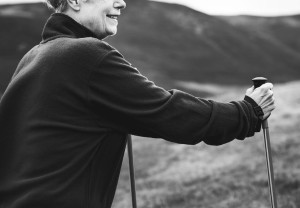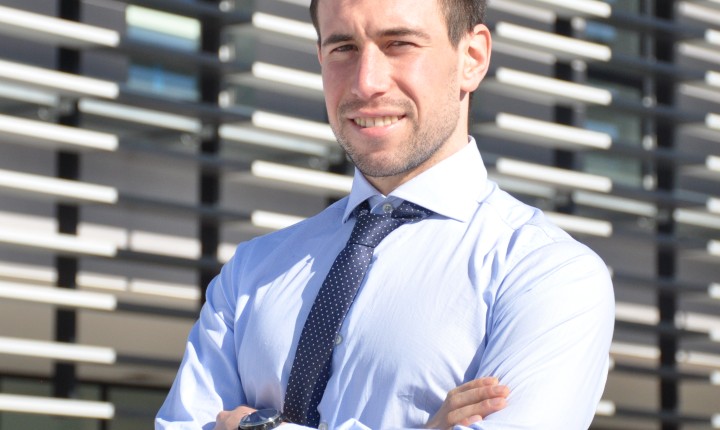Neuromuscular and functional performance of active and sedentary older and very old peopleThesis by Giorgio Varesco
Supervisors: Dr Vianney Rozand, Dr Thomas Lapole, Pr Léonard Féasson
Aging is associated with multiple deteriorations of the neuromuscular system. Given the increase in life expectancy, we can now distinguish old adults (>60 years old) that conserve their neuromuscular capacities with regular physical activity and very old adults (>80 years old) that suffer from an inexorable decline. Physical inactivity increases with advancing age and exacerbate neuromuscular and functional alterations, decreasing autonomy of old adults. However, up to present physical activity level was hardly or not considered when studying the effects of aging, which limits our understanding of the role of physical activity in the decline of neuromuscular function in old adults.
 The aim of this PhD project is to investigate the effects of physical activity level of old and very old adults on neuromuscular and functional performance in order to differentiate the effects of aging, sex and physical inactivity. The results can be compared to biological data that would already have been obtained in the same participants. A second aim will be to investigate neuromuscular fatigability in old and very old adults by comparing different fatiguing tasks usually adopted in the literature (isometric, dynamic, cycling).
The aim of this PhD project is to investigate the effects of physical activity level of old and very old adults on neuromuscular and functional performance in order to differentiate the effects of aging, sex and physical inactivity. The results can be compared to biological data that would already have been obtained in the same participants. A second aim will be to investigate neuromuscular fatigability in old and very old adults by comparing different fatiguing tasks usually adopted in the literature (isometric, dynamic, cycling).
Neuromuscular capacities will be evaluated using surface electromyography and electrical and/or magnetic stimulation. Neuromuscular properties will be investigated using a newly validated fatiguing protocol (QIF test). Studies will be conducted on young, old (>60 years old) and very old (>80 years old, from the PROOF cohort) participants.


 Université Jean Monnet
Université Jean Monnet